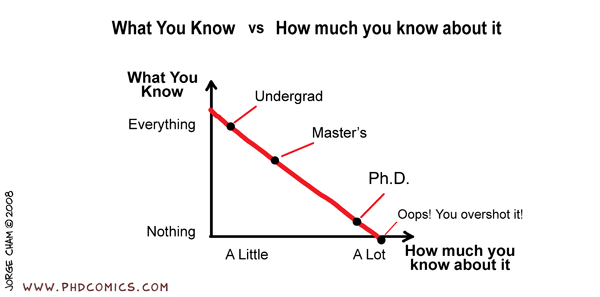On Trust

Here we are, module 2 of Connected Courses, and the focal topics for these next two weeks are Trust and Network Fluency . This module we have a few webinars to watch, and there are a number of book recommendations. Truthfully I cannot make it through these books, as much as I would love to read some of them at the moment. Too many other things happening to focus meaningfully on them. I guess I will focus on the (free) audiovisual media provided, and the information posted by other participants (225 connected blogs thus far!). I've decided to break down a (potentially) bigger post to two smaller ones. This one will focus on Trust, and the subsequent one on network fluency. Trust is an odd concept and it's not easy to pin down. We might think that we know what trust is, however many of us tend to default to the US Supreme Court's definition of "I know it when I see it" which is quite subjective. In the introductory reading for this module, is " my d...




